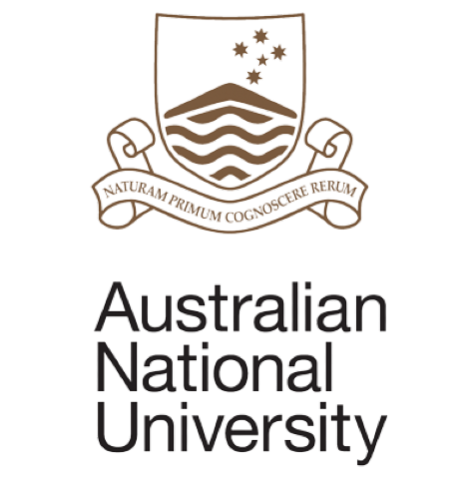
Ease the transition for international students with a holistic peer-mentoring programme
Enlist peer mentors to help make international students’ transition on to your campus a smooth one. Naia Robinson shows how
The transition to university can be daunting. For international students, this transition can encompass much more than moving away from home for the first time. Starting university in a new country can mean adjusting to a new culture, engaging in courses in a non-native language and navigating the ins and outs of a different educational system. These multiple issues must be specifically addressed if international students are going to experience a smooth transition.
Peer-to-peer mentoring that focuses on assisting international students to feel comfortable in their transition is an excellent approach. While peer-mentoring programmes that focus on academic support for specific degrees can be useful for students to adjust academically, those that consider the wider picture of what it means to transition to university can prove more useful for international students.
- Five useful measures for welcoming students to international classrooms
- Bringing international and intercultural dimensions into your programmes
- How to help international students prepare for university life ahead of and after their arrival
Here are four ways that holistic peer-mentoring programmes address the nuances of international student transitions to university.
Deploy peer mentors to uncover an institution’s unwritten rules
Peer mentors are invaluable in helping to explain the unwritten rules of the university to new international students. Mentors, as fellow peers and students who are already familiar with the “hidden curriculum” of the university, are in a position to answer questions that might seem silly. A mentor, for example, might share that in Australia, it is often completely acceptable to call your professor by their first name – without their “doctor title”. Unwritten rules will be unique to each university and might also be unknown or not well known by the professional staff. This means that peer mentors are in an ideal position to provide this information to new international students, ensuring a smoother transition.
Start the transition before the student arrives
Getting a jump-start by connecting a new international student with a student mentor prior to their arrival in country is imperative to a smoother transition. Mentors in the Set4ANU mentoring programme connect with their mentees via email, one week before in-person orientation, when many of them are still in their home country. By connecting peer mentors with students before their arrival, the new students’ concerns can be addressed or alleviated by advice that peer mentors provide.
For example, a peer mentor might advise a new international student that they can buy things such as a rice cooker, pillows or bedding once they arrive and do not need to bring these with them. Similarly, a peer mentor might advise that the weather in Australia might be much colder than expected and that the student should bring warmer clothing with them.
Guarantee that the student knows at least one other person when they arrive
By introducing new international students to a peer mentor before orientation week, it is guaranteed that a new student has at least has one person they know. One of the most daunting aspects of moving to a new country and starting at a new university as an international student is not knowing anyone. With a peer mentor in place, they immediately know someone that they can lean on for support.
Introduce international students to support services
Peer mentors are not expected to know the answers to all their mentees’ questions. One important aspect of being a mentor is helping to connect mentees to the professional support services that universities offer for ongoing support, such as academic support, counselling, medical and other university-managed services. New students are more likely to seek out and attend these services if they are first introduced by a fellow peer or someone they trust.
International students’ transition to university can be filled with unique barriers and challenges. Peer-mentoring programmes that take a comprehensive approach to support that considers cultural and social issues alongside academic concerns are in the best position to provide a smooth experience. International students who are matched with a peer mentor in such a programme can access a wealth of knowledge about unwritten rules at the institution, alleviate concerns before their arrival, feel comfortable in knowing at least one person they can lean on for support and be introduced to further university-managed ongoing support.
Naia Robinson is a student engagement officer at Australian National University.
If you would like advice and insight from academics and university staff delivered direct to your inbox each week, sign up for the Campus newsletter.




